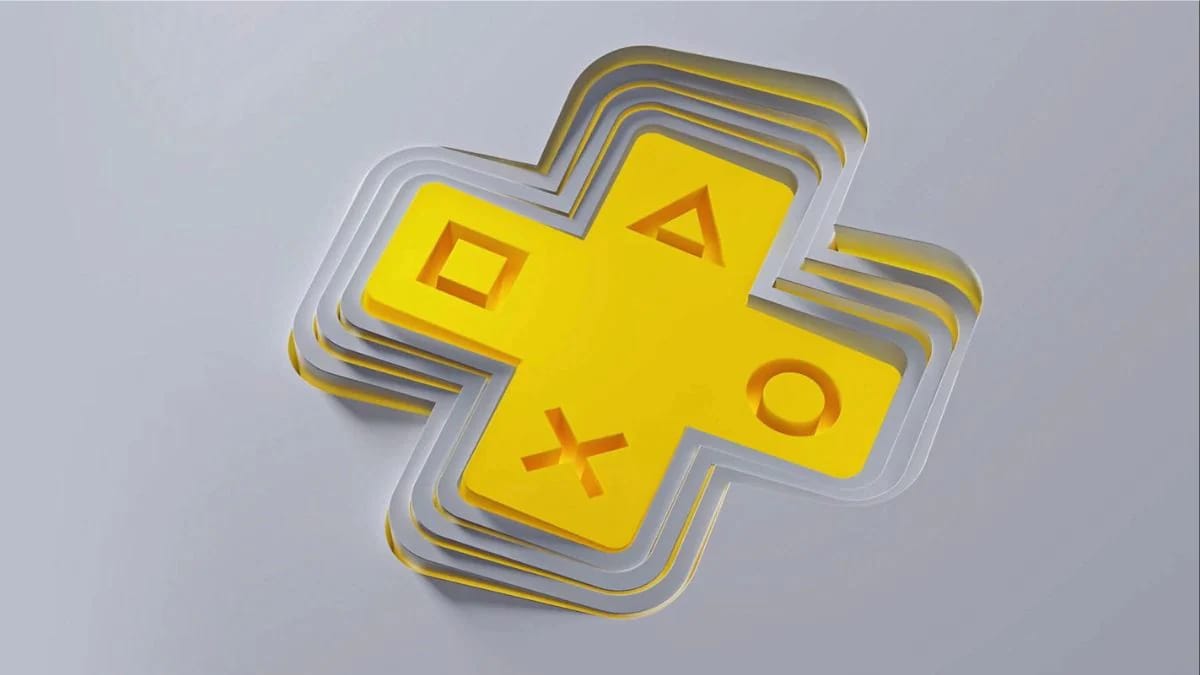The sudden closure of several video-game studios at Microsoft’s Xbox division was the result of a widespread cost-cutting initiative that still isn’t finished.
This week, Xbox began offering voluntary severance agreements to producers, quality assurance testers and other staff at ZeniMax, which it purchased in 2020 for $7.5 billion (roughly Rs. 6,26,28 crore), according to people familiar with the company’s plans. Others across the Xbox organization have been told that more cuts are on the way.
A spokesperson for Xbox declined to comment.
Employees were shocked by the unexpected shuttering Tuesday of three Xbox subsidiaries and the absorption of a fourth. The closures included Tokyo-based Tango Gameworks, which last year released the critically acclaimed action game Hi-Fi Rush. Tango was in the process of pitching a sequel, said the people, who asked not to be identified discussing nonpublic information.
During a town hall with ZeniMax staff on Wednesday morning, Xbox president Matt Booty praised Hi-Fi Rush but did not specify why the company had shut down the development studio behind it, according to three people who were in attendance.
Speaking about the closures more broadly, Booty said that the company’s studios had been spread too thin — like “peanut butter on bread” — and that leaders across the division had felt understaffed. They decided to close these studios to free up resources elsewhere, he said.
Booty added that the shutdown of subsidiary Arkane Austin, the longtime developer of games such as Prey, was not connected to the performance of its new multiplayer game, Redfall, a critical and commercial flop.
Before its closure, Arkane had been looking to return to its roots by pitching a new single-player “immersive sim” game, such as a new entry in the Dishonored series, according to the people familiar.
Jill Braff, head of ZeniMax studios, said in the town hall that she hoped the reorganization would allow the division, which also develops Fallout and Doom, to put more focus on fewer projects. “It’s hard to support nine studios all across the world with a lean central team with an ever-growing plate of things to do,” she said, according to audio of the meeting reviewed by Bloomberg.
“I think we were about to topple over,” she added.
Both Tango and Arkane released games last year and were looking to hire additional staff as they pitched new projects, which Booty and Braff suggested was the main factor behind their closures. Shinji Mikami, Tango’s founder and studio head, departed last year.
These cuts at Xbox come amid a wider contraction in the video-game industry due to economic shifts following a period of rapid growth during the pandemic. Recently, Microsoft’s gaming division has expanded more than any of its competitors via the acquisitions of ZeniMax and Activision Blizzard for more than $76 billion combined. In February, Microsoft cut 1,900 jobs, mostly at Activision Blizzard.
The massive Activision Blizzard acquisition has ramped up scrutiny on the Xbox division from leaders at Microsoft, according to people familiar.
In recent years, Xbox became deeply invested in Xbox Game Pass, a subscription service that offers unlimited access to hundreds of downloadable games for a monthly fee. To fill the service with new enticements, Xbox acquired dozens of studios, including outfits known for making smaller games, such as San Francisco-based Double Fine.
While most game publishers are looking to take big swings with games that cost hundreds of millions of dollars, Xbox promised to support less sprawling creative titles such as Hi-Fi Rush with smaller budgets and lower sales expectations. It didn’t matter if a game sold tens of millions of copies as long as it helped bolster the Game Pass library.
But Game Pass has not seen the massive growth that Xbox boss Phil Spencer may have been hoping for.
Mat Piscatella, executive director of analysis firm Circana, said that monthly, non-mobile, video-game subscription spending in the US “has been flat to low single-digit growth” since the middle of 2021.
“In our data, Game Pass spending really had its big growth period in late 2019 through early 2021 and has since settled,” Piscatella said. “Purchasing games and add-on content as well as free-to-play models are still the vastly preferred method of getting to video games by US consumers, at least for now.”
While there’s no indication that Xbox plans to ditch the Game Pass model, there are hints that its big bets have not paid off. During the most recent quarter, sales of Xbox content and services were up 62 percent, but as Niko Partners analyst Daniel Ahmad pointed out last month, the growth was entirely due to the acquisition of Activision Blizzard. On social media, he noted that without sales from that deal, Xbox gaming revenue would have been down approximately 5 percent year over year, “with no software and services growth and sharp hardware revenue decline.”
With console revenue down, the company recently began releasing some of its games on competing platforms. In a March interview with the gaming site Polygon, Spencer said that “the thing that has me most concerned for the industry is the lack of growth.”
© 2024 Bloomberg LP





